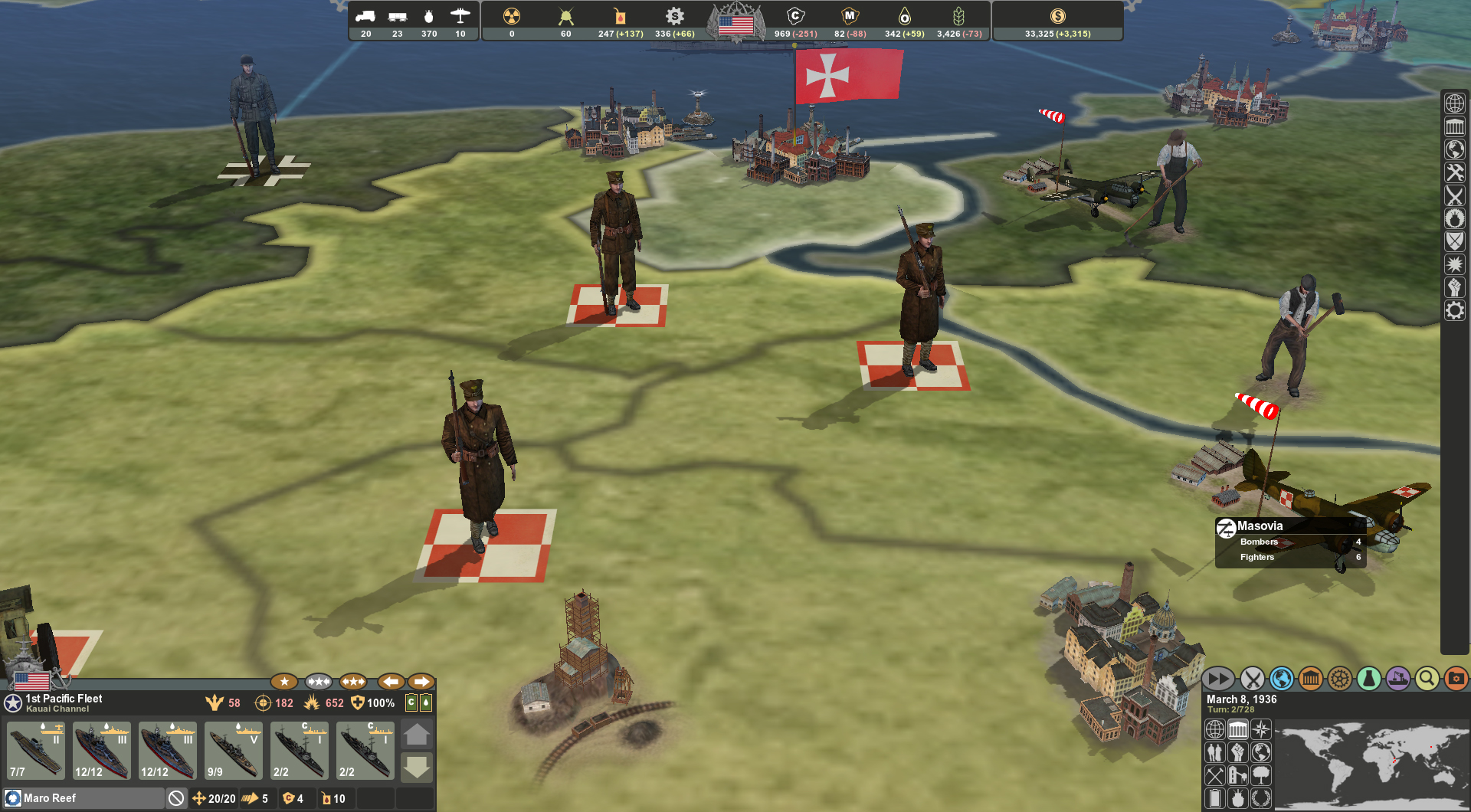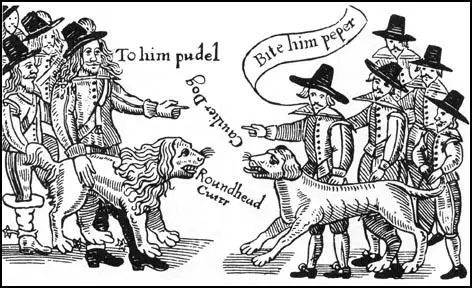
Getting caught will damage your relations and can lead to war.Making History: The Second World War is the 4th title of a series of turn-based Grand Strategy games. Foreign Nation panels also let you see what improvements a nation is making to its regions, and what it is producing in its cities.Ĭhoose wisely which nations you plan on stealing research from or sabotaging.

This is also where you set government programs involving foreign intervention, including spying, stealing research and sabotage. This opens a panel where you can take diplomatic actions that include all treaties and declarations. Select these by clicking on a nation name from the list of World Nations, by right-clicking within a nation‘s borders on the map, or on their flag icon wherever it appears. To take action you will need to choose a particular nation.

This is a purely informational panel that lets you see every nation, alliance, and war, as well as which nations support particular ideologies. You can attempt to steal research from another nation if you‘re willing to risk the hit to your international relations should you get caught! Early on in the game it‘s usually safe to propose trades to makes some money or get needed resources. For instance, if you‘re playing a Democratic nation ad ally with Fascists or Communists, ultimately this will not help you win the game.

In general, it‘s best to avoid alliances that might get you pulled into a war you‘d rather not fight, and make alliances that will protect and benefit you, and that fit with the victory conditions you‘re playing for. Which should you choose-and when? There are no easy answers. Espionage, sabotage, financial aid, nation to nation trading, embargoes, and of course, declarations of war and offers of peace.

Diplomacy has many more options that just alliances, though. Knowing when to ally -and when not to- can mean the difference between winning and losing.


 0 kommentar(er)
0 kommentar(er)
